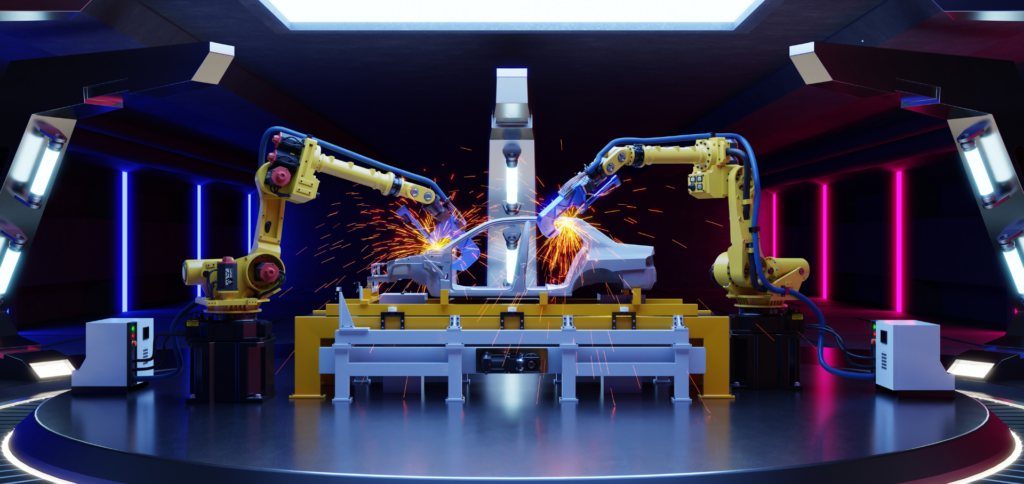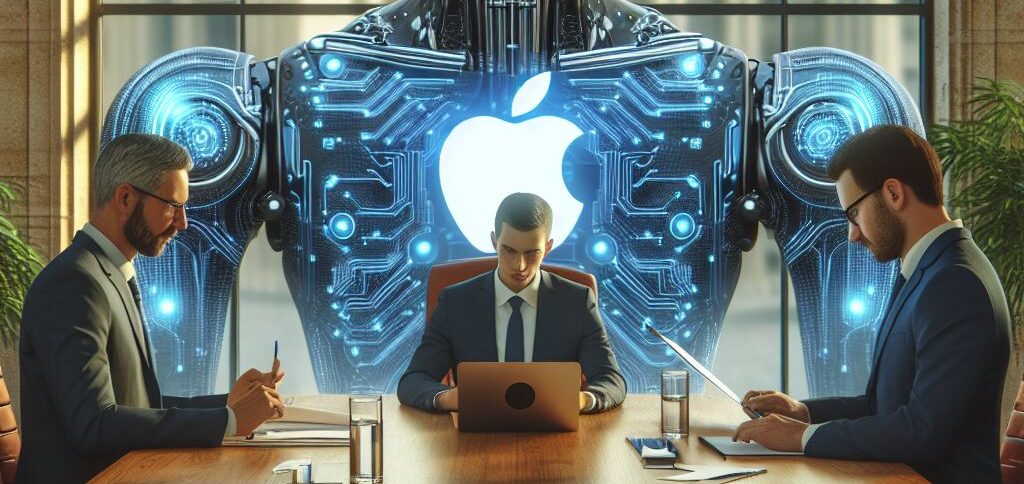In short, the implementation of metaversonic attributes will allow companies to monitor the entire vehicle production process, creating the possibility of observing failures “closer” and proposing improvements.
ADVERTISING
With the popularization of virtual reality, new terms such as “digital twins” – which are nothing more than versions of cars physically produced in the virtual environment (with all parts faithfully reproduced) – begin to be propagated.

Industrial virtual production space
The metaverse could also be crucial in automotive design processes. With the hyper realistic representation of the cars, teams will be able to collaborate in the virtual space with production parts.
In November this year, for example, the Renault presented its metaverse industrial. The French brand has already started migrating to the system, with the aim of saving US$330 million in the production process.
ADVERTISING

“Every day, one billion pieces of data are captured at Renault Group industrial plants. Metaverso offers real-time monitoring that allows you to increase the agility and adaptability of industrial operations, in addition to the quality of production and the supply chain. Renault Group is becoming a pioneer in the sector”, commented Jose Vicente de los Mozos, Executive Vice President Industrial at Renault Group.
From the industry to customer contact, everything can be optimized
On the other hand, in the relationship with customers, it will be possible for people to interact with their cars, without leaving home. Using virtual reality, it is possible to observe vehicles in 3D simulations and even check car parts in real time.
At the beginning of December, Fiat kicked off the initiative and launched the first brand metaversonic store. There, it is possible to make a general observation of the vehicle.

In addition to performance, there are other possibilities with web3 for the automotive world. The commercialization of NFTs, offering advantages and participation in virtual events and games, which can attract an increasingly larger customer base.
ADVERTISING

See also:






